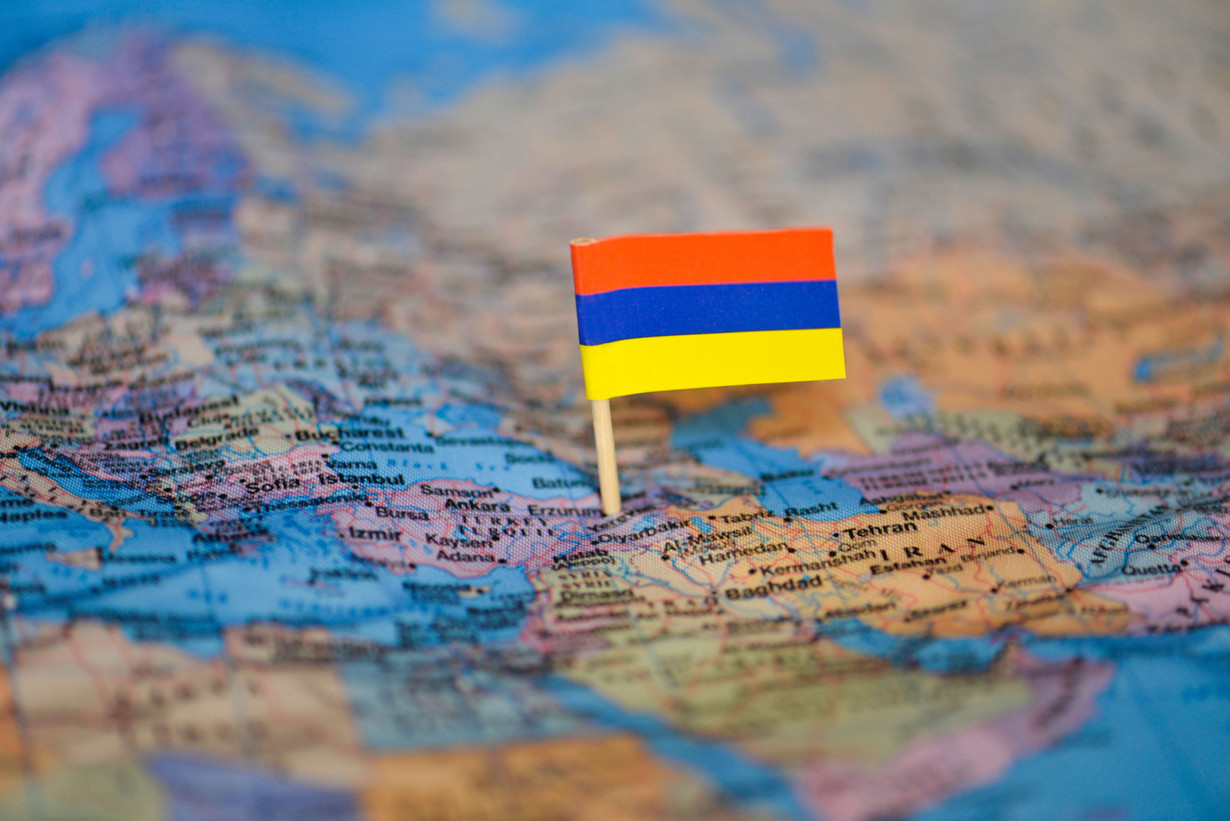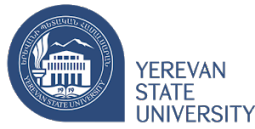| Time | Wednesday 24 August, 13:30 – 15:00 |
| Location | Int.2.103 |
| Speakers | Marina Galstyan, Gayane Hovakimyan, Arman Melkonyan, David Tumasyan |
| Chair | tba |
Despite the fact that no specific group of children is completely excluded from attending any type of school in Armenia, there are groups of children who are at risk of being excluded. Those are children from rural areas and from families with low socio-economic backgrounds, children with disability, ethnic minority children and girls.
Education attainment of children is linked to poverty status of their families. Non-poor families spend two to three times more on general education of their children than poor families. Differences in education spending among poor and non-poor families at middle school level are significant, while average monthly expenditure on education increases more than twice from elementary school to high school.
The comparative analysis of TIMSS 2003/2015 datasets for Armenia shows that education inequity in Armenia increased from 2003 to 2015.3 Students from higher socio-economic status (SES) backgrounds perform better in both mathematics and science than students from lower SES backgrounds. According to the same analysis, students from rural community schools performed worse in mathematics and science than students from urban areas. In the Armenian contexts, the gap is explained by the school size and teaching quality differences in urban and rural regions (smaller schools with limited teaching force in rural areas).
Another group, which face inequity in access to quality education are children of ethnic minorities. The school located in the Yezidi (the largest ethnic minority group leaving in Armenia) and other minority communities often lack subject teachers who speak native language of the minority group.3 Thus, the realization of the right to education of children of ethnic minority groups in Armenia is at risk.
Inclusive Education reforms in Armenia are predominantly focused on deinstitutionalization of children with disabilities and their placement in mainstream public schools rather than creating an education environment. Inclusive schools prefer to admit those “inclusive” children who bring additional funding to school but, at the same time, do not cause them too much additional work. Public inclusive schools fail to provide effective and sufficient support to children with hearing and visual impairments. There’s also a lack of local research, knowledge and experience for education of children with mental retardation, severe and multiple disabilities in mainstream inclusive schools.3
The procedure for identifying and directing children left out of compulsory education was approved by the Government of the Republic of Armenia on February 11, 2021.2 The latter follows from the mandatory requirement of 12 years of general education. This procedure provides definition of out-of-school children, respective information sources for the identification of those children and other important aspects. The rising importance of measuring exclusion from primary education is conditioned by the evidence that the number of out-of-school children in Armenia significantly increased from 2,920 children in 2007 to 10,477 in 2020.1 Interestingly, this increase does not necessarily condition by COVID-19 outbreak and national shutdown only, but socio economic conditions and other important external and internal factors. This is evidenced by the continuous increase in the number of children out of school during the last 10 years, the results of sociological surveys, researches and studies conducted by the Center for Educational Research and Consulting, and the opinions of experts in the field of education.
Important Dates ECER 2022
07.12.2021 | Submission starts |
31.01.2022 | Submission ends |
01.04.2022 | Review results announced |
02.04.2022 | 10 days' period to confirm in-person or online presentation |
25.04.2022 | Registration starts |
15.05.2022 | Early bird ends |
25.06.2022 | Presentation times announced |
30.06.2022 | Registration Deadline for Presenters |
Conference Venue
Yerevan State University
1 Alex Manoogian
0025 Yerevan
Armenia
http://www.ysu.am/main/en

